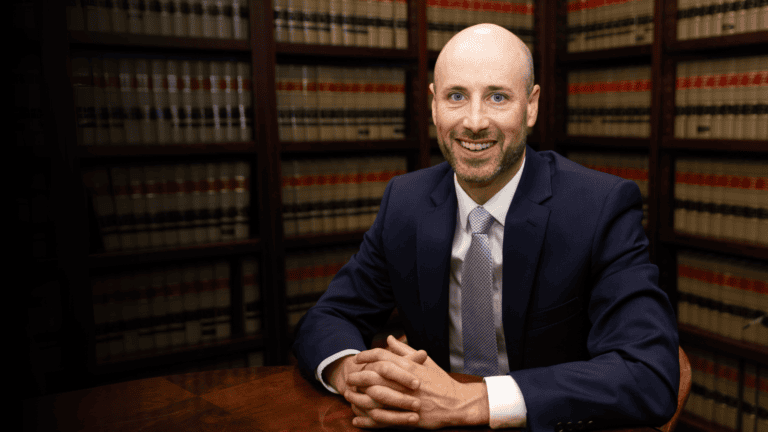There are usually specific sets of circumstances that can lead to a car accident. Roadway conditions, weather, congested traffic, poor visibility, and work zones are among the external forces at work. However, according to the National Highway Traffic Safety Administration (NHTSA), individual driving behaviors by operators themselves are at fault for the majority of accidents. There are a whole host of infractions one could be charged with that contributed to causing an accident.
Poor and dangerous driving behaviors include:
- Speeding and Reckless Driving account for the majority of accidents.
- Improper lane changing, weaving in and out of traffic. This could include passing on the right on a two-lane road at excessive speeds.
- Distracted Driving can include paying attention to occupants, eating, drinking, texting, cellular phone use, and not paying attention to changing road conditions. These behaviors are responsible for causing many crashes each year.
- Driving while Under the Influence of Drugs or Alcohol accounts for a significant portion of accidents.
If you were injured in a car accident in which the other driver was charged with engaging in any of these types of risky driving behaviors or was deemed at fault, then you may be able to sue for damages. Liability in a Florida personal injury case is based on the concept of who is negligent for the accident.
In proving negligence, you have to be able to establish the four elements of negligence in most civil lawsuits.
- That the alleged wrongdoer owes you a duty of reasonable care and breached this duty.
- That this breach of duty caused the accident or mishap.
- That the breach caused the injuries.
- That the victim suffered damages.
The damages you suffer can be both economical and non-economical, meaning medical expenses, loss of wages and vehicle reimbursement, pain and suffering, and mental anguish.
There is a provision under Florida where you might have been partially responsible, called “Comparative Fault” but can still seek damages. Section 768.81, Florida Statutes explains that in most negligence claims, partial fault does not preclude recovery of damages for injury. Instead, the amount of compensation for an injury is reduced in proportion to the amount of fault that can be attributed to the claimant.
You need to keep in mind that in Florida, you must file a personal injury lawsuit within four years from the date of the accident timeframe. For wrongful death claims the timeframe for filing is only two years.
If you have been injured in a car accident, you need an experienced Jacksonville auto accident attorney who understands the aggravations that result from being involved in an auto accident, and who will work to minimize your frustrations while maximizing your chances for a favorable recovery, settlement, or award.
A person who carelessly operates a vehicle may be required to pay for resulting damages to persons and/or property. Individuals who operate any motor vehicle must exercise “reasonable care.” Failure to use reasonable care is the basis for most lawsuits pursued by a car accident attorney.














